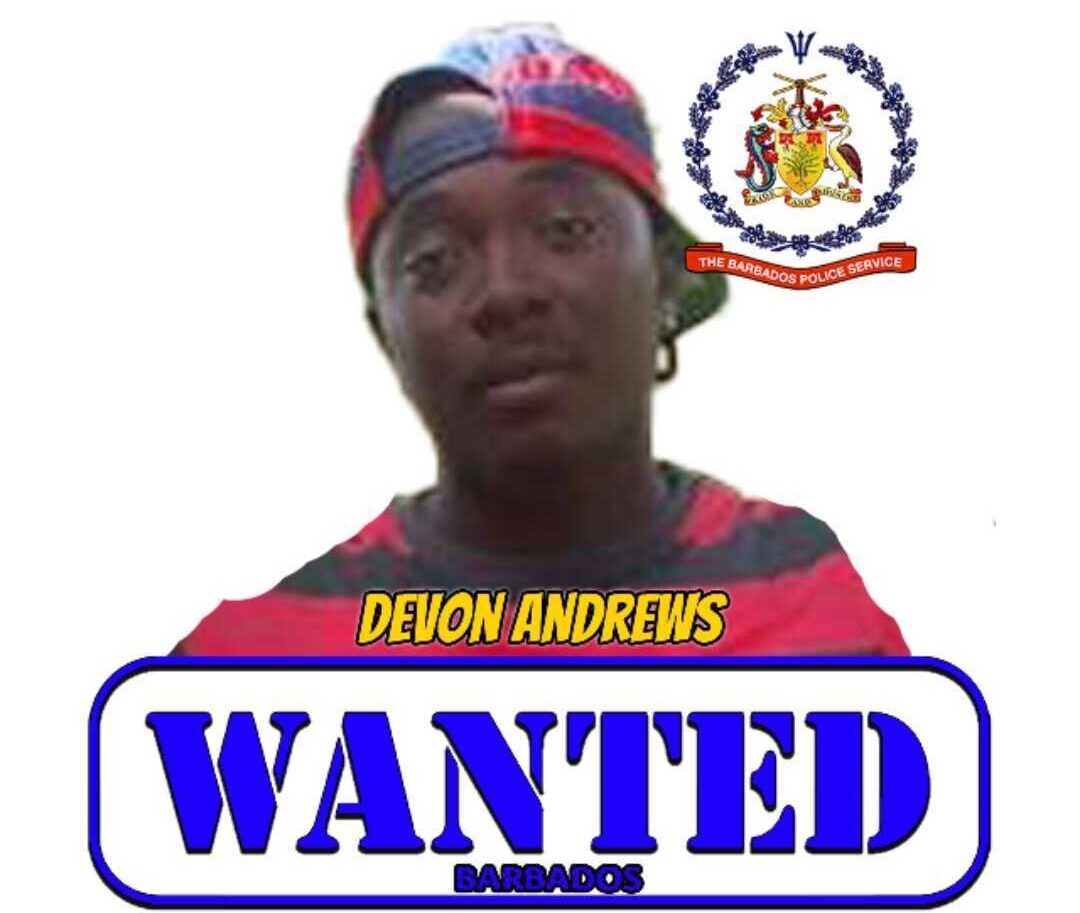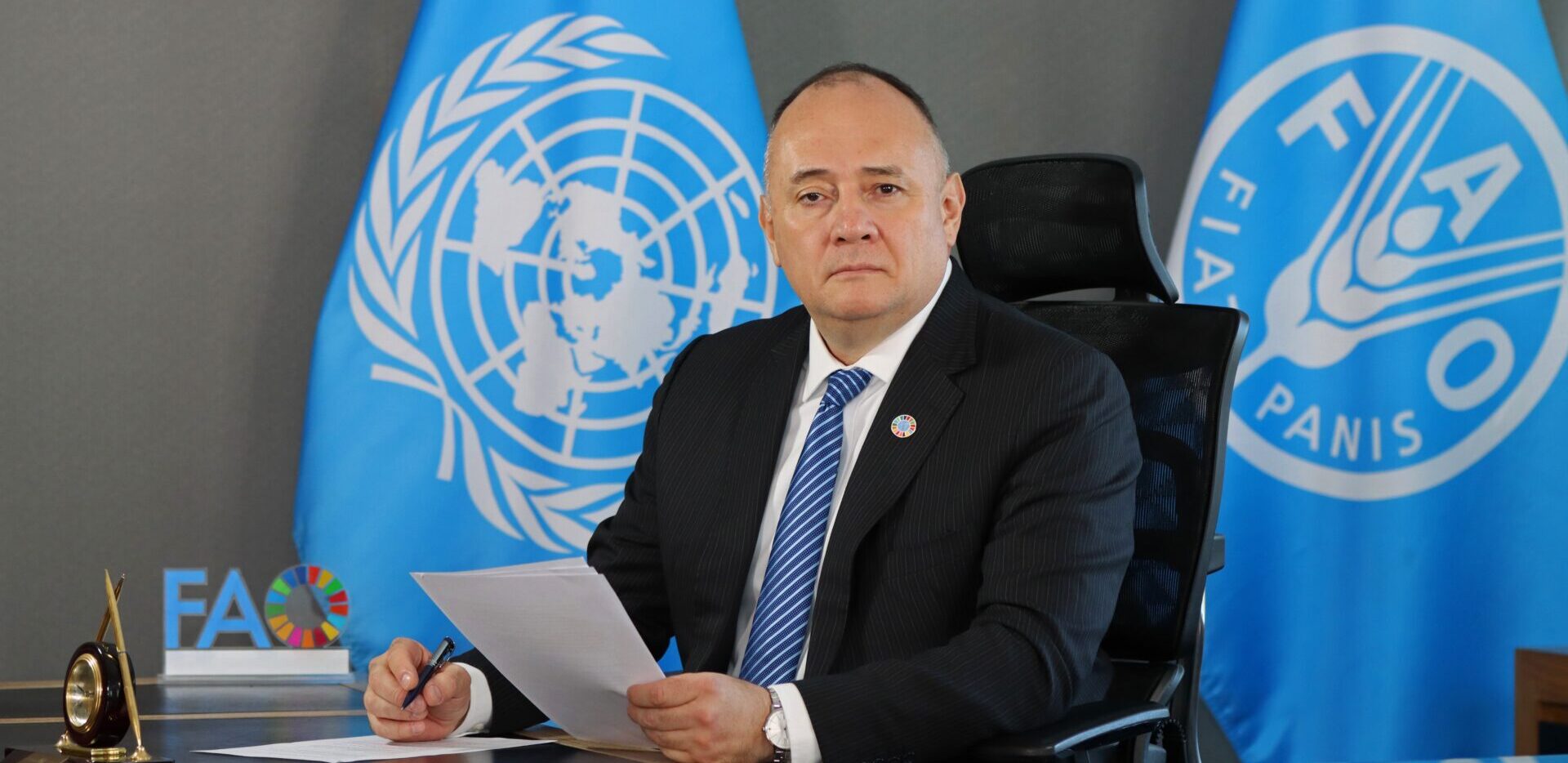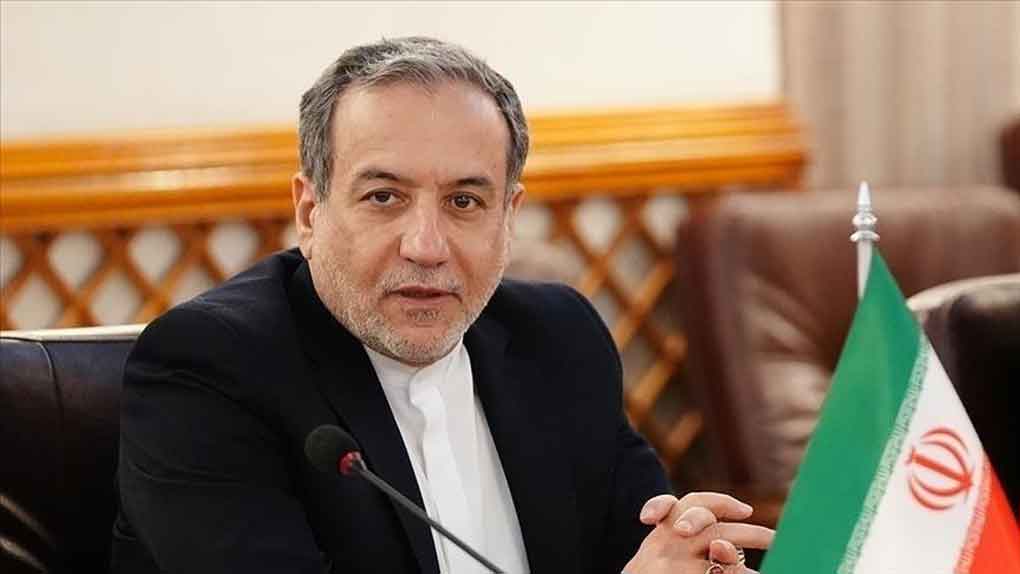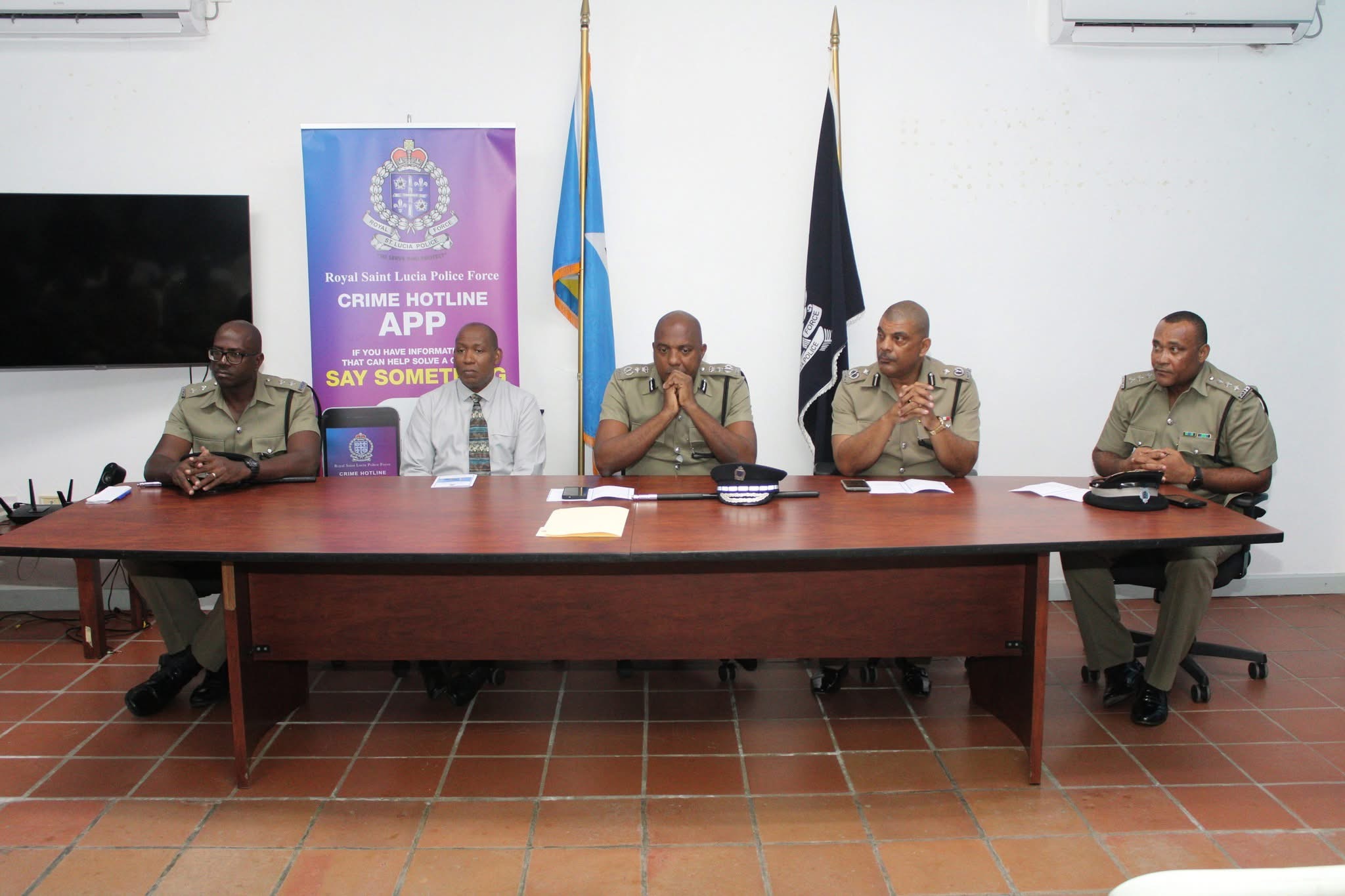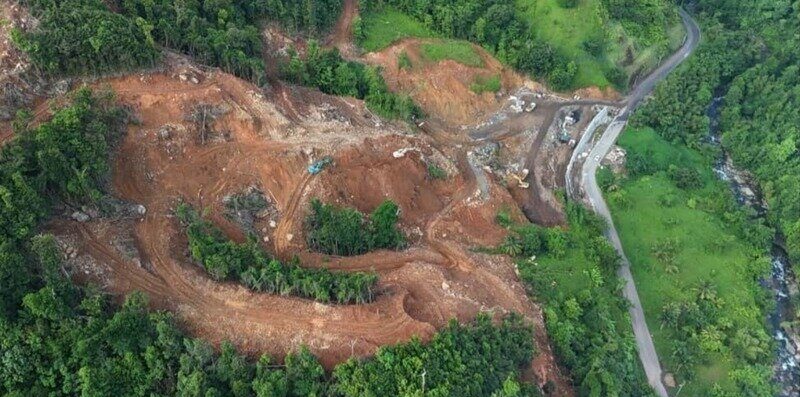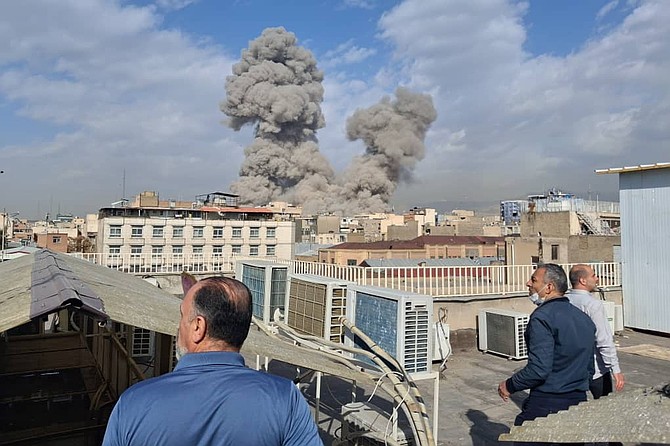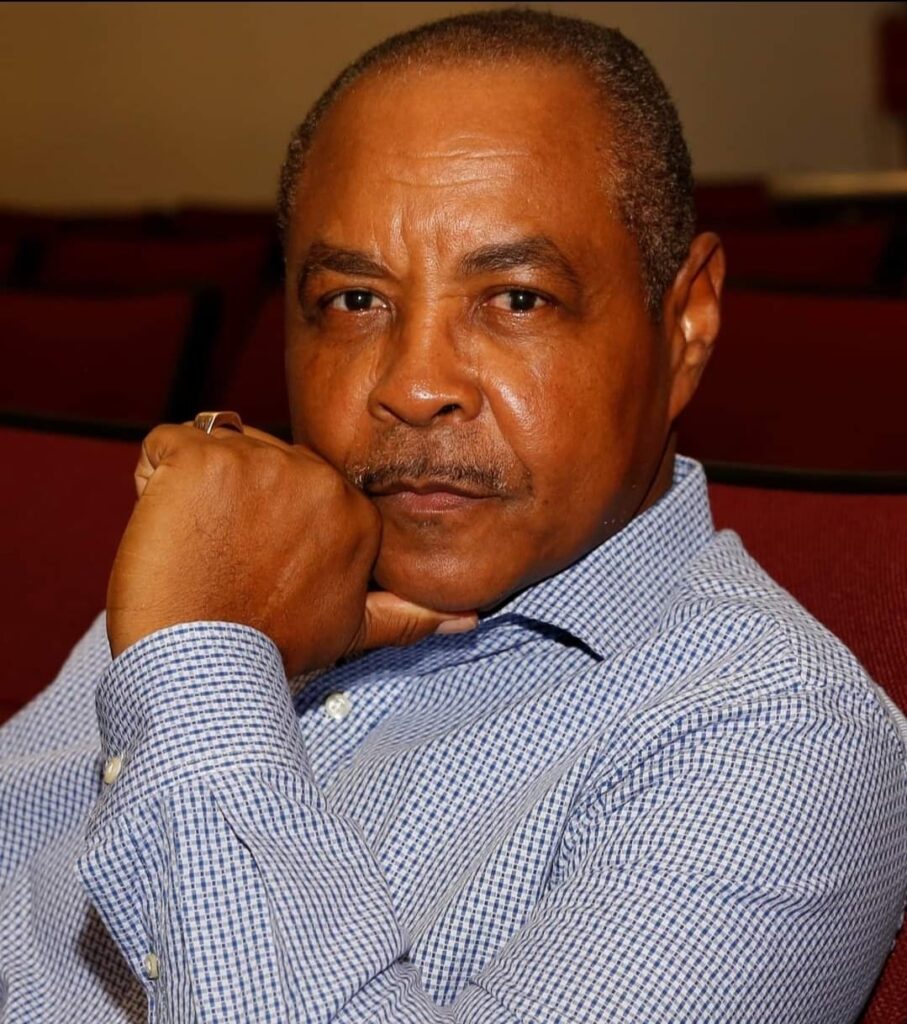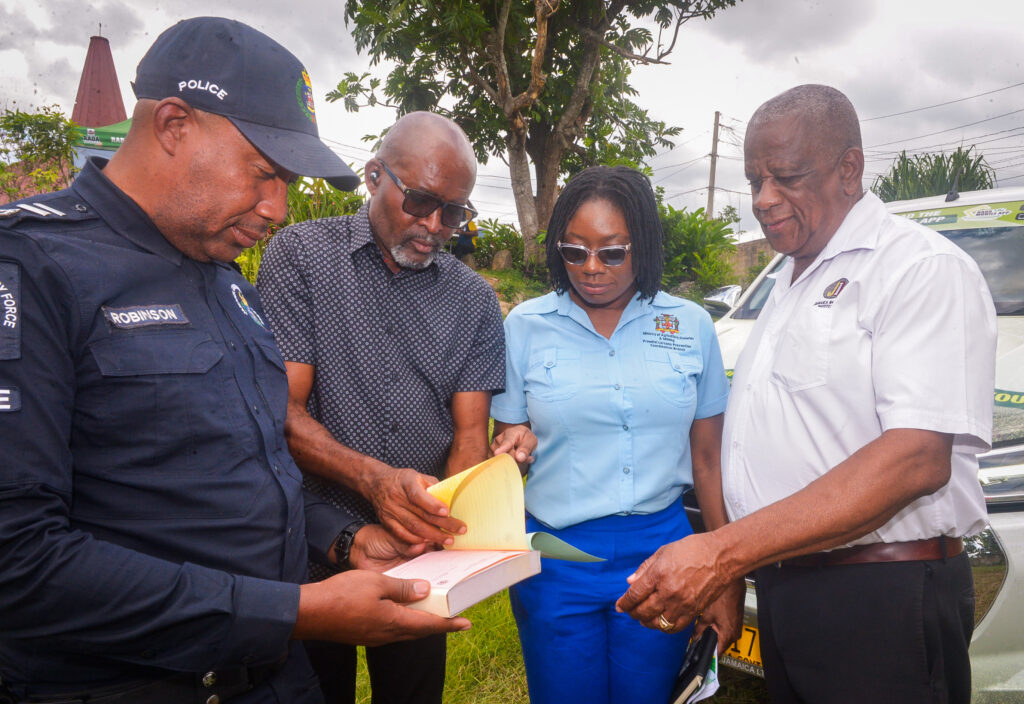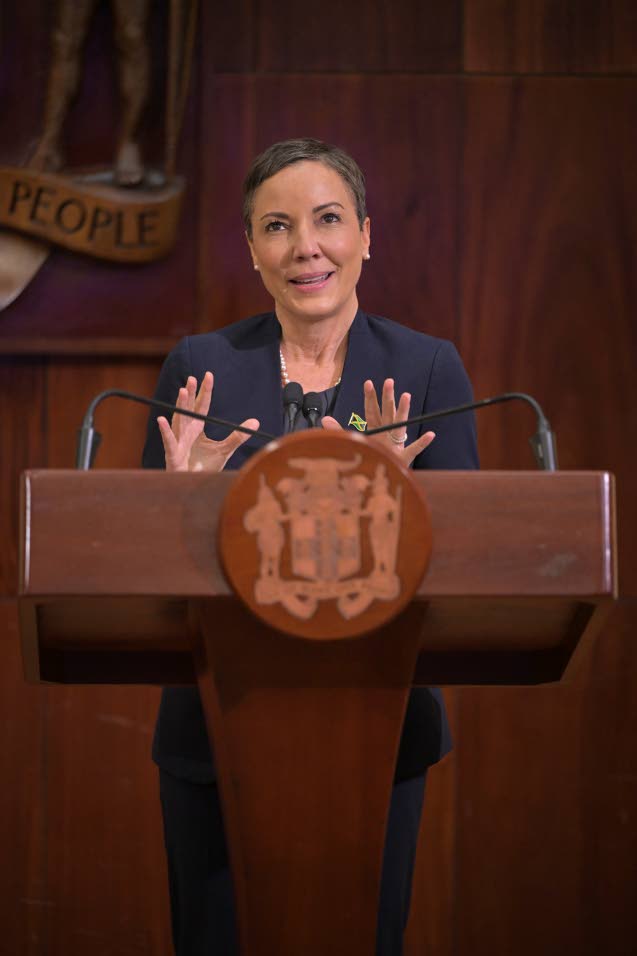KINGSTON, Jamaica — Celebrated dub poet Malachi Smith has been selected as the 2026 honoree for the prestigious Jamaica Brew Literary and Film Festival. The artist accepted the distinction with characteristic humility, describing himself as merely “a messenger” in service of his craft and community.
“I approach my work with complete dedication, constantly striving for improvement,” Smith remarked. “When recognition or accolades come my way, I simply express gratitude for each occasion.”
The poet attributes his creative direction to his spiritual heritage, noting that his maternal grandmother, Mamma Lee, traveled across Jamaica as a “warner woman” advocating for transformation, while his father Hambert served as a steadfast preacher. This foundation informs Smith’s current artistic mission: “I pursue my ministry in real time to advocate unapologetically for the oppressed, dispossessed, and disadvantaged worldwide. The cruelty I witness disturbs me profoundly, and I remain committed to speaking truth to power.”
Dr. Aza Weir Soley, the festival’s 2025 honoree who attended this year’s events, enthusiastically endorsed the selection. “Malachi’s recognition brings me particular joy given his esteemed standing within both Jamaican and diaspora communities,” she noted. “His contributions extend beyond his exceptional poetry and performances to include significant work with civic and charitable organizations in Jamaica and South Florida.”
Weir Soley further emphasized the festival’s democratic impact on South Florida’s Jamaican diaspora: “It creates meaningful opportunities for Jamaicans across ethnic and class divisions to showcase their talents, amplify their voices, and claim cultural space.”
While acknowledging the festival’s value as a platform, Smith highlighted ongoing struggles with cultural representation: “My poem ‘My Jamaican Tongue’ addresses this exact issue. Our authentic voices still don’t receive the hearing or showcasing they deserve, forcing many Caribbean writers to abandon their linguistic heritage for international acceptance—a compromise I firmly reject.” He called for strengthened collaboration among Caribbean professionals and writers’ groups to nurture genuine diasporic voices.
The accomplished poet, whose works have been translated into Mandarin and published in Taiwan, found particular resonance in the festival’s BREW acronym—representing bravery, resilience, excellence, and will. He connected these qualities to Jamaica’s recovery from Hurricane Melissa’s devastation.
Through his Jamaica Poets Nomadic College and School Tour initiative, Smith led rescheduled visits in December to parishes hardest hit by the hurricane, including St. Elizabeth and Westmoreland. Alongside team members Judith Falloon Reid and Professor Opal Palmer Adisa, he delivered books, supplies, and poetry sessions to affected schools, with Palmer Adisa and Falloon Reid adopting two basic schools.
“We witnessed confusion and sadness in community members’ eyes—from infants to high school students,” Smith recounted. “Beyond providing reading materials, coloring books, and groceries, we witnessed collective joy and resilience following our visits. At Mannings High, where buildings sustained severe damage, outdoor sessions captivated fully engaged students and teachers. Godfrey Stewart High generated a celebratory concert atmosphere. Bethlehem College’s principal Albert Corcho described our timing as perfect, thanking us for bringing hope and promising readiness for next year’s visit.”
Smith is scheduled to return to the Jamaica Brew Festival in 2027.
